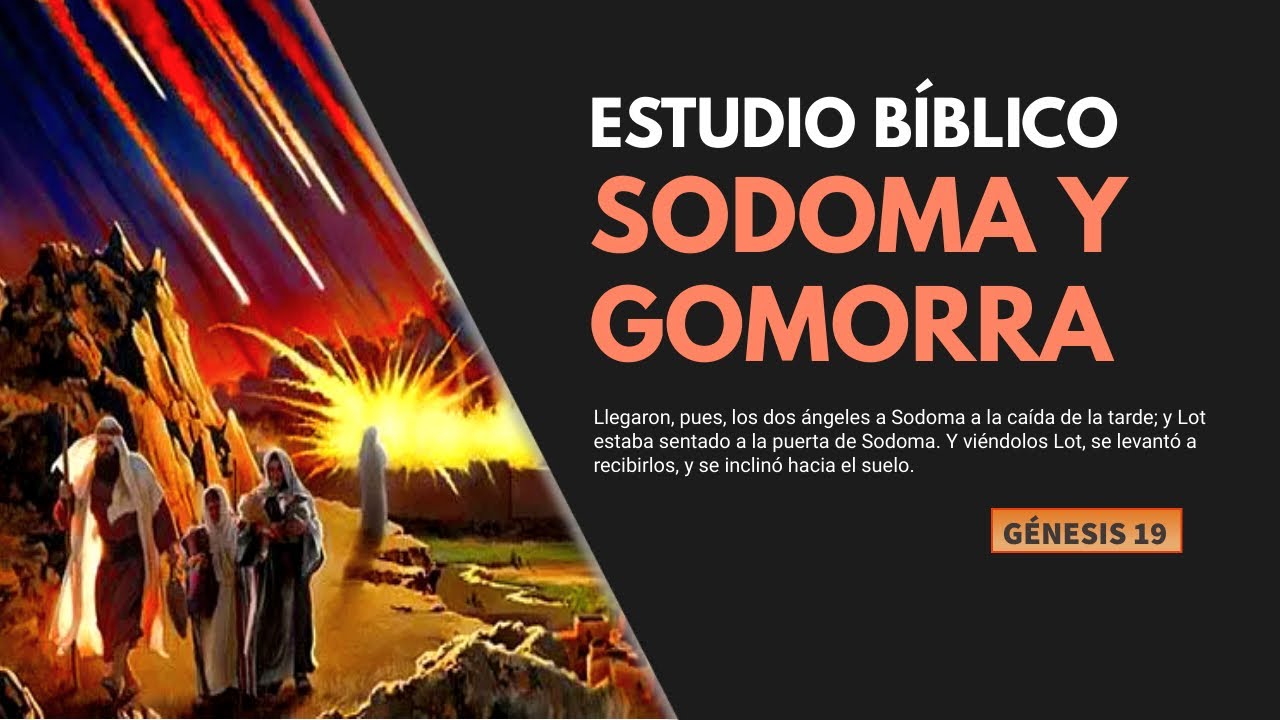Q3 Lesson 2 | JUNIOR POWERPOINTS Sabbath School Lesson | (Year B Q3 E2) #gracelink
Summary
TLDRIn this video, the story of Abraham and Lot from Genesis 13:8 is used to teach a timeless lesson in conflict resolution. Abraham, instead of claiming the best land for himself, generously offers Lot the first choice, ensuring a peaceful separation. This act of selflessness prevents family quarrels and demonstrates the power of treating others as we would want to be treated (Matthew 7:12). The lesson: ‘Give others the first choice and be happy with what you get’ is a principle that holds true today, guiding us towards harmony in our relationships.
Takeaways
- 😀 Abraham and Lot faced a conflict due to overcrowding of their herds and limited land.
- 😀 Abraham wanted to avoid conflict and proposed that they part ways peacefully to prevent any quarrelling.
- 😀 Abraham, despite being the older relative, offered Lot the first choice of land, showing humility and wisdom in resolving conflicts.
- 😀 Lot chose the fertile land near the cities, demonstrating his selfishness, but Abraham still allowed him to make the decision.
- 😀 Abraham’s decision to let Lot choose first prevented a potential family feud, showcasing selflessness and respect for others.
- 😀 The conflict between Abraham and Lot was not just about land but about managing relationships and avoiding strife within the family.
- 😀 Abraham’s wealth was primarily in livestock, unlike modern wealth which is usually measured in money, stocks, or property.
- 😀 Family members should practice the principle of giving others the first choice to maintain peace and avoid resentment.
- 😀 Moms often exemplify selflessness, as seen in how they willingly sacrifice for others, like giving up pie or their coat for a child.
- 😀 Jesus' teaching in Matthew 7:12, 'Do to others what you would have them do to you,' sums up the golden rule for harmonious relationships.
- 😀 Abraham’s story illustrates the importance of giving others the first choice and being content with what one receives, a principle still relevant today.
Q & A
Why did Abraham and Lot's herders start quarreling?
-Abraham and Lot's herders began quarreling because the land could not support all their flocks. Both Abraham and Lot were wealthy in livestock, leading to competition for grazing land, which caused tension between their herders.
How did Abraham handle the conflict with Lot?
-Abraham handled the conflict by suggesting a peaceful solution. He proposed that he and Lot separate, each choosing a different part of the land to avoid further conflict between their herders. Abraham allowed Lot to make the first choice, even though Abraham, as the elder, had the right to choose first.
What was Abraham’s main concern when offering Lot the first choice of land?
-Abraham's main concern was to avoid conflict and maintain peace. He valued the relationship with Lot over material gain and wanted to ensure there were no hard feelings between them.
What does the choice of land symbolize in the story?
-The choice of land symbolizes the tension between self-interest and selflessness. While Lot could have chosen a less desirable land to honor Abraham, he opted for the fertile valley, which highlights how personal decisions can affect relationships.
What cultural expectation was Lot facing when it came to making the land choice?
-Lot was expected, by the cultural norms of their time, to offer the first choice to Abraham because Abraham was the elder. In their society, the older person had the right to make the first choice.
How does Abraham's reaction to Lot's choice reflect his character?
-Abraham’s reaction reflects his selflessness and wisdom. Rather than feeling slighted, Abraham chose peace over possession, showing that he prioritized family relationships and harmony over his own personal gain.
What role does the principle of selflessness play in the story?
-Selflessness plays a central role in the story as Abraham willingly gives up the best land for the sake of peace and the relationship with Lot. His willingness to sacrifice his right to the best land reflects the principle of putting others' needs before one’s own.
What is the significance of Abraham practicing the Golden Rule in this situation?
-Abraham’s actions mirror the Golden Rule: ‘Do to others what you would have them do to you.’ By allowing Lot to choose first, Abraham treated Lot with kindness and respect, just as he would have wanted to be treated in a similar situation.
Why is Abraham’s response considered a model for conflict resolution?
-Abraham's response is a model for conflict resolution because it focuses on finding peaceful solutions instead of escalating disputes. His willingness to let go of his rights for the sake of harmony offers a timeless example of resolving conflicts without animosity.
How does the story of Abraham and Lot reflect modern family dynamics?
-The story of Abraham and Lot reflects modern family dynamics by illustrating how family members can be torn apart by greed, rivalry, or conflict over material possessions. However, Abraham’s example of selflessness offers a lesson in how to prioritize relationships and avoid unnecessary disputes.
Outlines

此内容仅限付费用户访问。 请升级后访问。
立即升级Mindmap

此内容仅限付费用户访问。 请升级后访问。
立即升级Keywords

此内容仅限付费用户访问。 请升级后访问。
立即升级Highlights

此内容仅限付费用户访问。 请升级后访问。
立即升级Transcripts

此内容仅限付费用户访问。 请升级后访问。
立即升级浏览更多相关视频
5.0 / 5 (0 votes)






